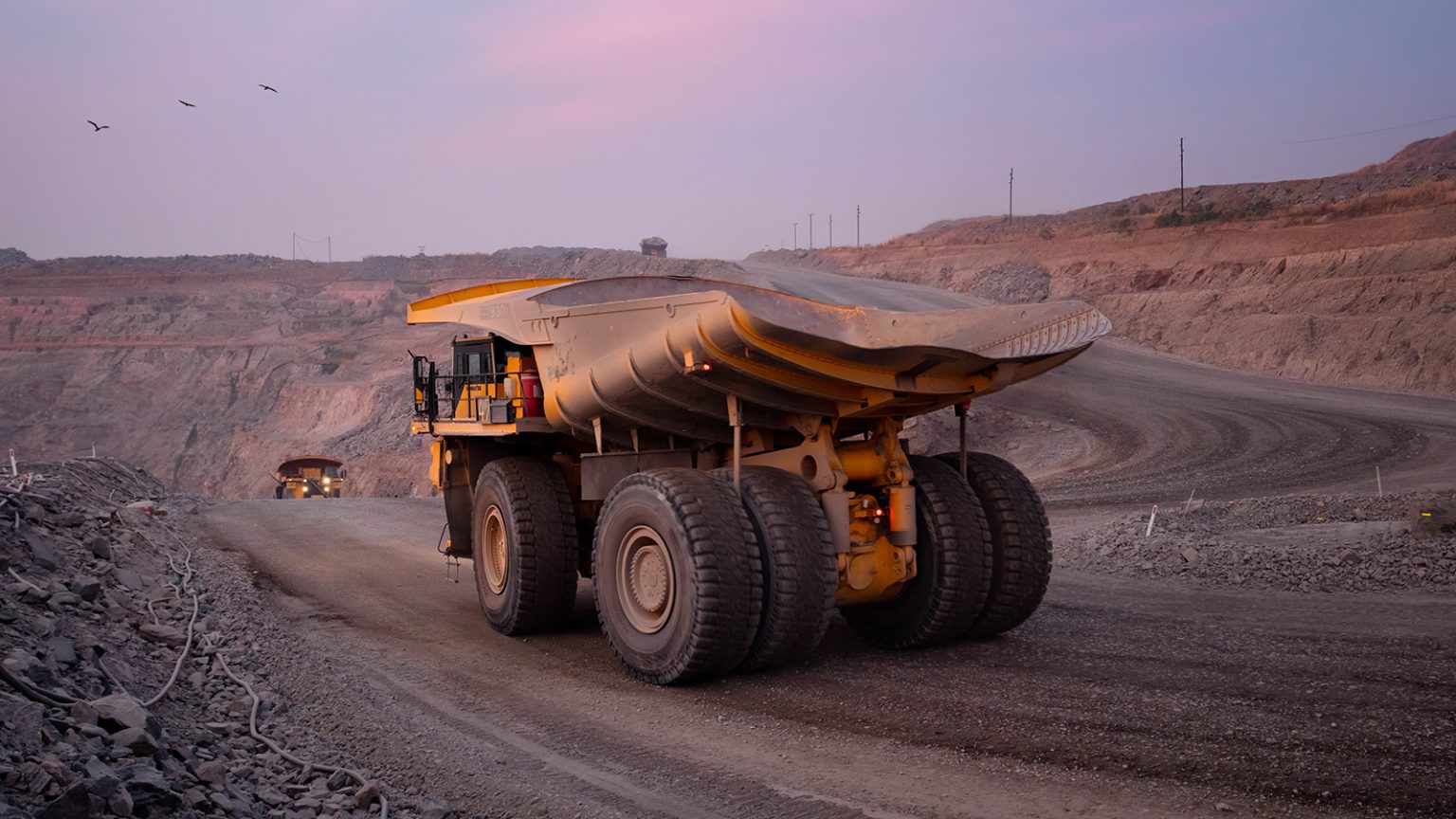US Backs Zambian Mine Expansion to Secure Critical Minerals Outside Chinese Control
The United States has intensified efforts to secure critical minerals beyond China’s control by supporting a copper and cobalt mine expansion project in Zambia.
The US Trade and Development Agency (USTDA) granted $1.4 million to Metalex Africa, a subsidiary of US-based Metalex Commodities, to fund a feasibility study at the Kazozu mine in Zambia’s North-Western Province. The study will assess the pote
...
US Backs Zambian Mine Expansion to Secure Critical Minerals Outside Chinese Control
The United States has intensified efforts to secure critical minerals beyond China’s control by supporting a copper and cobalt mine expansion project in Zambia.
The US Trade and Development Agency (USTDA) granted $1.4 million to Metalex Africa, a subsidiary of US-based Metalex Commodities, to fund a feasibility study at the Kazozu mine in Zambia’s North-Western Province. The study will assess the potential to increase production by up to 25,000 metric tonnes of copper and cobalt concentrates annually.
This initiative forms part of a broader collaboration between Washington and Lusaka aimed at strengthening mining output and infrastructure connections. USTDA officials indicated that the project is expected to create opportunities for American companies to supply materials, equipment, and expertise while also connecting Metalex with potential US buyers.
“USTDA’s partnership with Metalex will help ensure that US industries can reliably access the inputs they need to remain secure, competitive, and prepared to meet the challenges of the future,” said Thomas R. Hardy, acting director of USTDA, in a statement.
Metalex chief executive Ayo Sopitan described the award as a significant milestone for the company. According to Sopitan, the funding will help define project phases, expand resource estimates, and establish the feasibility of scaling up operations at Kazozu. The initiative is being implemented in partnership with Terra Metals, a Zambian firm.
The US investment comes against the backdrop of China’s long-established dominance in Africa’s mining sector. Beijing currently controls nearly all global processing and refining capacity for copper and cobalt – critical materials for electric vehicles and renewable energy technologies. In Zambia specifically, Chinese companies have steadily expanded their presence, with JCHX Mining recently acquiring an 80% stake in the Lubambe copper mine.
Washington’s response has included promoting alternative infrastructure projects such as the Lobito Corridor, a transport and trade initiative spanning Angola, Zambia, and the Democratic Republic of Congo (DRC). This corridor centers around a 1,700-kilometer railway connecting Angola’s Atlantic port of Lobito to the DRC’s mining hub in Kolwezi, with planned extensions into Zambia’s copper-rich Copperbelt Province.
The Kazozu mine investment represents just one component of a more comprehensive US strategy to secure mineral supply chains and diversify Africa’s trade routes. During President Biden’s administration, the US International Development Finance Corporation committed approximately $550 million for railway and port upgrades associated with the Lobito Corridor. Additionally, the Millennium Challenge Corporation has directed funding toward rural road construction and agricultural improvements throughout Zambia.
Private US investment has also played a significant role in this strategy. KoBold Metals, backed by prominent investors including Bill Gates and Jeff Bezos, has committed to developing its Mingomba copper and cobalt project as a key anchor along the Lobito rail line.
By financing feasibility studies and infrastructure development, Washington aims to establish secure supply channels for critical minerals essential to US industries while providing alternatives to Chinese-backed projects. For Zambia, the Kazozu expansion could potentially strengthen the country’s mining output and create a new source of copper and cobalt for international markets.
The collaboration highlights the growing importance of critical minerals in geopolitical strategy and economic security. Copper and cobalt are particularly crucial for the green energy transition, with demand projected to increase significantly in coming decades as countries shift toward renewable energy sources and electric transportation.
For both nations, the project represents an effort to combine resource development with strategic infrastructure investment, connecting Zambia more directly to global markets while advancing US objectives to reduce dependence on China’s mineral supply chain dominance.
Industry analysts note that such partnerships may become increasingly common as Western nations seek to diversify critical mineral sources amid growing concerns about supply chain resilience and security.


